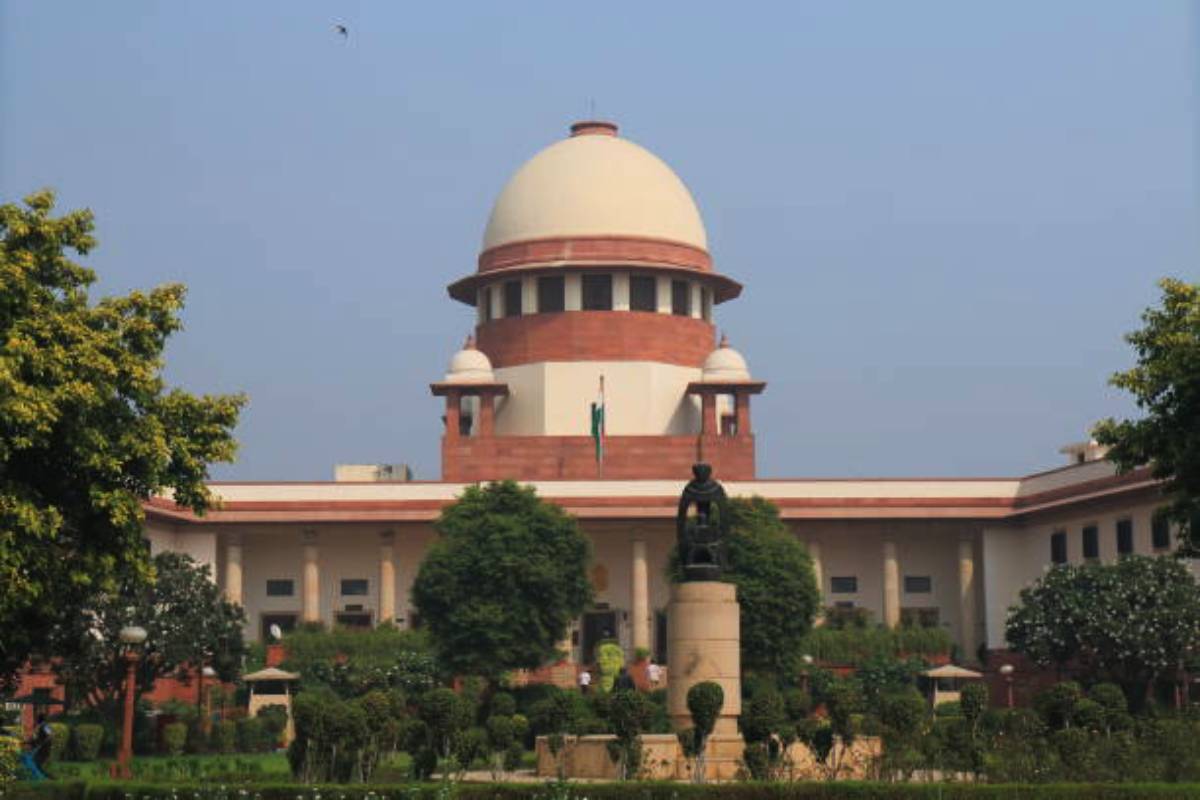India’s Got Latent: SC issues notice on YouTuber Ashish Chanchlani’s plea against FIRs
SC issues notice on YouTuber Ashish Chanchlani’s plea to quash or transfer FIR in India’s Got Latent case; tagged with Ranveer Allahabadia’s petition.
SC dismissed plea by TN government challenging the Madras High Court order, which allowed RSS to conduct a route march across the state.

File Photo
A bench headed Justice V. Ramasubramanian said the appeal is dismissed. During the hearing, RSS had contended that if its march is being attacked by a terrorist organisation in Tamil Nadu, then the state government has to protect it.
Advertisement
Senior advocate Mukul Rohatgi, representing the Tamil Nadu government, had submitted before the court that “We are not totally opposed to having route marches and public meetings across the state, but it cannot be in every street, every mohallaa.”.
Advertisement
Rohatgi argued that RSS cannot seek a carte blanche in conducting the marches and added that the high court had agreed that the situation of security in the state offered a mixed bag. He stressed that the state government cannot shut its eyes to law-and-order concerns.
The bench had orally observed that a balance should be struck between the language of power and the language of democracy. Senior advocate Mahesh Jethmalani, representing the RSS, submitted that the state government cannot stop an organisation from holding peaceful marches by citing apprehensions in connection with a banned outfit.
Jethmalani further added that they are unable to control a terrorist organisation there and that is why they want to ban the march, and after the PFI ban there have been no incidents. He had submitted, “what is your apprehension?……If I am being attacked by a terrorist organisation then the state has to protect me.” Jethmalani informed the bench that they are not going to do anything till March 11 or March 12, while insisting that the government cannot ban the march.
He said RSS cannot be singled out against the backdrop that marches have been held by Dalit Panthers and the ruling DMK party, and pressed that state cannot abdicate its responsibilities.
The state government said it would in the meanwhile, communicate with the other inputs it had received about threats and suggest routes for the marches. “We will work it out,” said Rohatgi.
The state government had contended that it was not pressing for an absolute ban on the marches, rather only highlighting the issue of security to participants in certain sensitive areas, which has a presence of the banned Popular Front of India (PFI), which have witnessed bomb blasts in the past. Detailed order of the apex court in the matter will be uploaded later in the day.
On March 1, the Supreme Court agreed to examine the Tamil Nadu government plea challenging the Madras High Court order, which allowed Rashtriya Swayamsevak Sangh (RSS) to conduct a route march across the state.
Advertisement